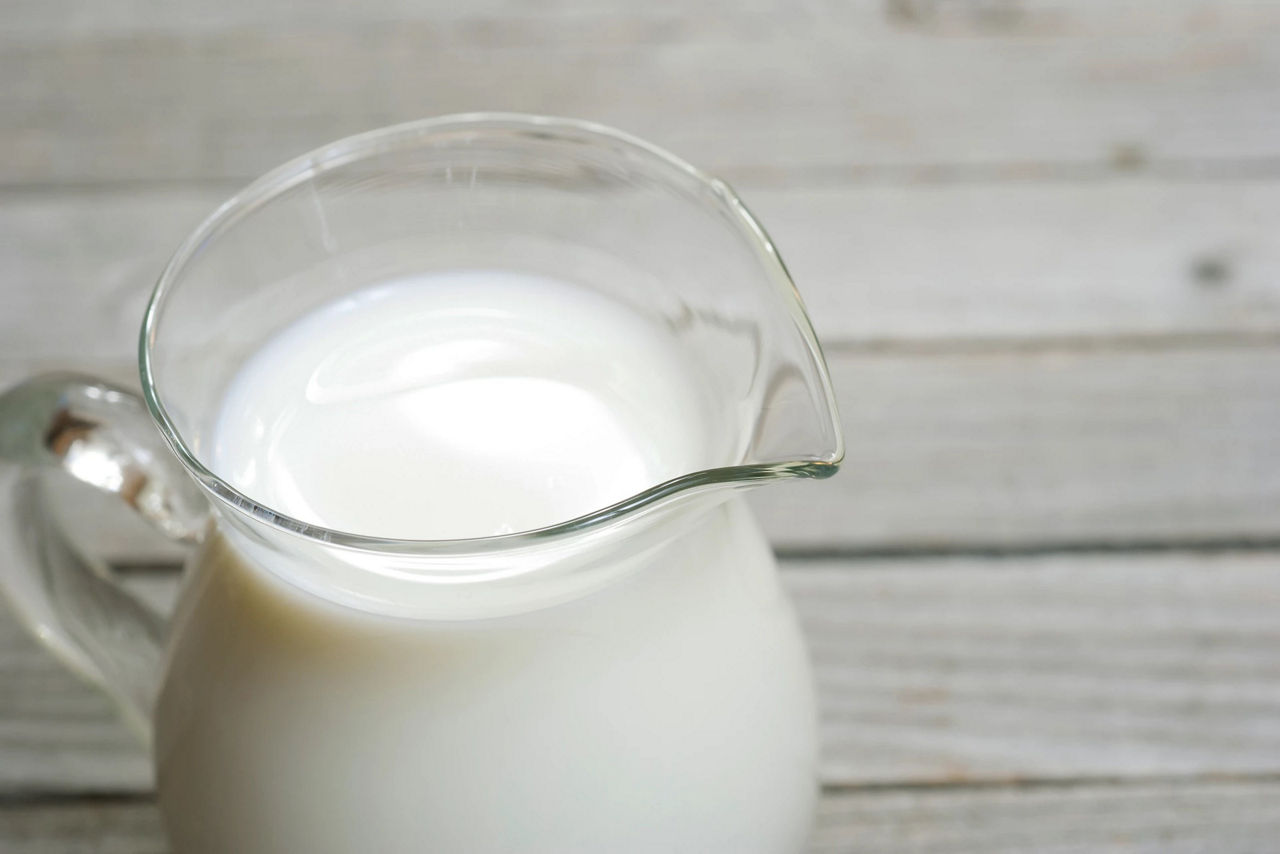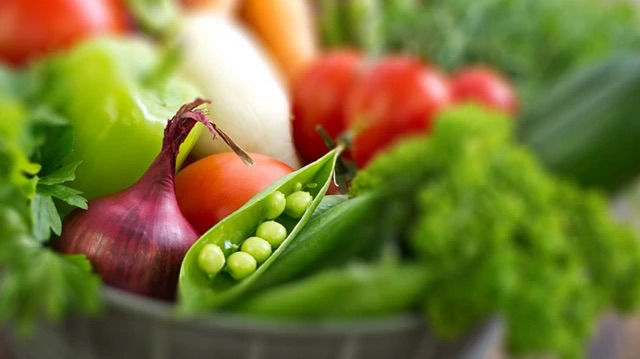Milk nutrition during weaning
More or less?
Your baby still needs milk now they're weaning
As you wean your baby, they will become less dependent on milk and more reliant on food instead. Milk remains the main source of nutrition and energy for your baby during the start of the weaning process, and should be reduced gradually.

Milk facts: The importance of milk in weaning
Weaning is a gradual process that marks your baby’s progression from milk to solid foods. When you start introducing food to your baby’s diet it’s important to continue giving them breast milk or formula milk to make sure they’re still satisfied and getting all of the nutrients they need. Until your baby is 12 months old, breast milk or infant formula should continue to provide a significant proportion of your baby’s energy requirements.
When you start to introduce food to your baby’s diet, it’s important to continue giving them breast milk or formula to make sure they’re still satisfied and getting all the nutrients they need.
How much milk should I give my baby once they’ve started weaning?
Once your baby has started to eat food, you’ll gradually need to adjust the amount of complementary milk you give them. As well as trusting your instincts about what's best for your baby, use these guidelines to help:
Breast milk
Because every baby is different and it’s difficult to measure how much milk is consumed when breastfeeding, prescribing how much breast milk to give your baby during weaning is not possible. You should continue to breastfeed your baby on demand, and allow them to decide when they don’t need any more.
Breastfeeding is not just about nutrition. It also provides your baby with a feeling of safety and security. So when you drop a feed, try to offer alternative forms of comfort such as lots of hugs and reassurance. Weaning is also a gradual process for you, and reducing feeds slowly helps your body adapt to producing less milk.
Infant formula
- From 6–12 months your baby should have approximately 500–600ml of milk per day.
- From 12+ months your baby should have at least 350ml milk and no more than 600ml per day. This is usually 3 servings for a toddler.
What can I do to make sure weaning is a smooth transition?
To begin with, your baby will need to get used to the feeling of food in their mouth and learn how to move it around and swallow it, so they will only eat very small amounts.
By making sure your baby is relaxed, content and not too hungry, they’ll be more accepting of trying new solid foods. So when you first start weaning, give your baby half a milk feed before offering them food. Then, once your baby has become used to eating, try offering food before their usual milk.
It’s more than likely that your baby will begin to drink less milk as they eat more solid foods, and their milk feeds will naturally become more infrequent and shorter.
Once your baby has reached about 6 months old, introduce an open- or free-flow cup to help them learn to sip. Giving water as their first non-milk drink will discourage them from developing a taste for sweet or artificial flavours.
 Cows’ milk is not nutritionally tailored for your baby. Because of this, it should not be used as a main drink, but instead should be introduced for meal preparation
Cows’ milk is not nutritionally tailored for your baby. Because of this, it should not be used as a main drink, but instead should be introduced for meal preparation
Should cows’ milk be used in weaning?
Babies should not be given cows’ or goats’ milk as a replacement for breast milk or infant formula before they’re 12 months old. Cows’ milk can, however, be used in the cooking and preparation of foods. If you choose to use goats’ milk in foods, make sure you buy a pasteurised variety.
Related articles

Need some help?
You can get quick answers to common questions in our FAQs.
Alternatively, if you need help with general pregnancy or baby advice, or maybe on using or ordering our products - our expert team are always on hand to talk about feeding your baby.
- NHS UK. Milk and dairy foods [Online]. 2013. Available at: www.nhs.uk/Livewell/Goodfood/Pages/milk-dairy-foods.aspx[Accessed July 2014]
Last reviewed: 5th September 2016





